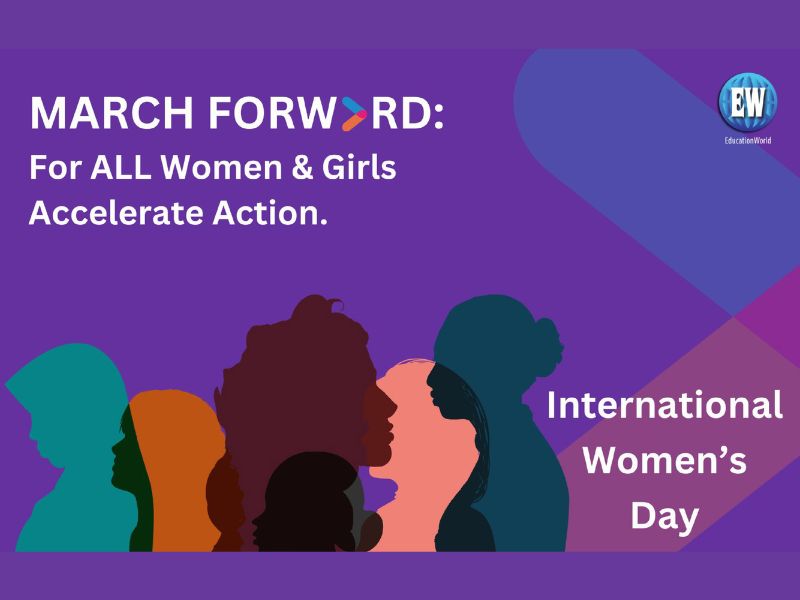Women empowerment is more than just a movement—it’s a necessary shift toward a world where every woman has the freedom, opportunities, and rights to thrive. While progress has been made, many challenges remain. Here are eight key issues that continue to shape conversations around women’s empowerment.
1. Gender Equality in Education & Work
Education is the foundation of empowerment, yet millions of girls worldwide still lack access to quality education. Even those who complete their studies often face gender biases in the workplace. Breaking these barriers means ensuring equal learning opportunities, mentorship programs, and leadership roles for women in all fields.
2. Women in Leadership & Politics
Despite making up nearly 50% of the population, women hold far fewer leadership roles in politics, business, and governance. Increasing female representation in decision-making positions ensures more inclusive policies and diverse perspectives in shaping the future.
3. Financial Independence & Entrepreneurship
Economic empowerment is key to gender equality. Women entrepreneurs and professionals still face pay gaps, lack of access to funding, and workplace discrimination. Encouraging women to start businesses, invest, and take financial control of their lives is essential for a balanced economy.
4. Safety & Gender-Based Violence
Women’s safety remains a major concern, with issues like domestic violence, harassment, and workplace misconduct still prevalent. Empowerment cannot be achieved until strict laws, stronger implementation, and societal change create a safer environment for women.
5. Reproductive Rights & Health
Access to affordable healthcare, menstrual hygiene products, and reproductive rights is fundamental. Ensuring that women can make informed choices about their bodies without societal or legal restrictions is crucial for overall empowerment.
6. Equal Pay & Economic Rights
The gender pay gap continues to limit women’s financial growth. Many women earn less than their male counterparts for the same work. Stronger policies, salary transparency, and equal pay laws are essential to closing this gap.
7. Breaking Gender Stereotypes
Women are often expected to fit into predefined roles, whether at home or in society. Encouraging diverse career choices, equal household responsibilities, and freedom in self-expression helps challenge these outdated norms.
8. Legal Rights & Representation
From property rights and workplace policies to inheritance laws, many legal frameworks still put women at a disadvantage. Stronger legal protections and awareness campaigns can help women understand and exercise their rights fully.
The Road Ahead
Women’s empowerment is not just a women’s issue—it’s a societal necessity. By addressing these key areas, we can create a more equitable, just, and inclusive world for all. The time for change is now, and everyone has a role to play in making it happen.
Also read: INTERNATIONAL WOMEN’S DAY – gender equality
